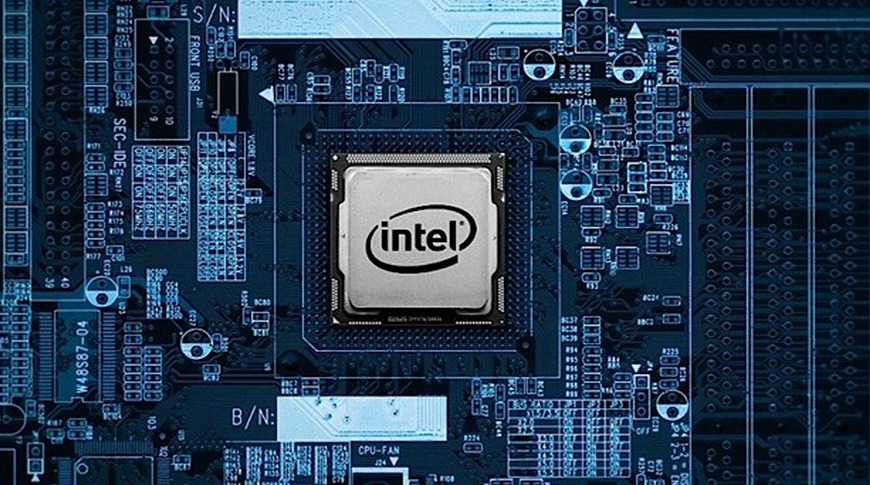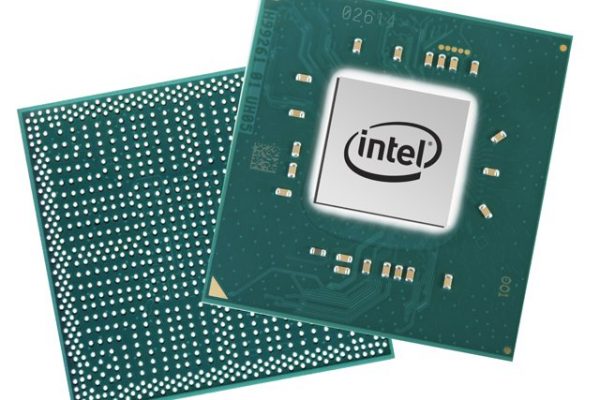

- INTEL TO SPECTRE MELTDOWN CHIP FLAW PATCH
- INTEL TO SPECTRE MELTDOWN CHIP FLAW SOFTWARE
- INTEL TO SPECTRE MELTDOWN CHIP FLAW CODE
Apple said it had released software patches for iOS, Macs and the Apple TV that help mitigate the issue.
INTEL TO SPECTRE MELTDOWN CHIP FLAW PATCH
Microsoft has released a patch for PCs that use its Windows operating system. Meltdown can be fixed by installing a software “patch” on the machine.
INTEL TO SPECTRE MELTDOWN CHIP FLAW CODE
Or they could trick you into visiting a website that moves code onto your machine. They could fool you into downloading an app from a smartphone app store. Before they can exploit the chip flaws, hackers must find a way of getting their software onto your device. Phones and PCs are more difficult targets. By exploiting the Meltdown flaw, a hacker can just load some software onto a cloud service and then grab data from anyone else who has loaded software onto the same server. On a cloud service, each server is typically shared by many different customers. Operated by companies like Amazon, Microsoft and Google, these are services where any business or individual can rent access to computing power over the internet. Why are cloud computing services so important? This is a particular issue on cloud computing services. If hackers manage to get software running on one of these chips, they can grab data from other software running on the same machine. Why are they such a problem?īoth flaws provide hackers with a way of stealing data, including passwords and other sensitive information. Your smartphone most likely contains an ARM chip. But it is even more pervasive, affecting Intel chips, microprocessors from the longtime Intel rival AMD and the many chips that use designs from the British company ARM. Spectre is far more difficult for hackers to exploit. Meltdown affects most processors made by Intel, the company that supplies the chips for a majority of PCs and more than 90 percent of computer servers. Where exactly are these flaws?īoth are issues with the way computer chips are designed. Here is a guide to what you need to know and what you should do. “It is a fundamental flaw in the way processors have been built over the last decades,” said Paul Kocher, one of the researchers who discovered these flaws. But the researchers who discovered the flaws said one of them, Spectre, is not completely fixable. Some of the world’s largest tech companies have been working on fixes for these problems. These flaws, called Meltdown and Spectre, could allow hackers to lift passwords, photos, documents and other data from smartphones, PCs and the cloud computing services that many businesses rely on. Some analysts have warned that the threat is unique because it is an issue affecting hardware used in many computing systems.On Wednesday, a group of security experts revealed two security flaws that affect nearly all microprocessors, the digital brains of the world’s computers. Researchers at Google showed how a hacker could exploit the flaw in many kinds of computer chips to get passwords, encryption codes and more, even though there have been no reports of any attacks using the vulnerability.

The Intel chief executive promised speedy release of patches during his most high-profile public comments since the release of research highlighting vulnerabilities affecting the chips powering most modern PCs and many mobile devices. Krzanich said at the time that there was no information to suggest any loss of data from the Meltdown and Spectre flaws. "We have now identified the root cause of the reboot issue impacting Broadwell and Haswell platforms, and made good progress in developing a solution to address it," Shenoy said.Įarlier this month, Intel chief Brian Krzanich took the unusual step of addressing the security issue during a keynote ahead of the opening of the huge Consumer Electronics Show in Las Vegas. In the meantime, computer users were advised to be vigilante with security practices. He expected details on when updated patches might be released to be available later this week.

"We ask that our industry partners focus efforts on testing early versions of the updated solution so we can accelerate its release." "They may introduce higher than expected reboots and other unpredictable system behavior," Intel data center group executive vice president Navin Shenoy said in an online post. The US chip giant recommended that computer makers, cloud service providers, system manufacturers, software venders, and end users stop deployment of current versions of the patch. Intel posted a list of chip models that could be tripped up by the patch, meant to prevent hackers from taking advantage of so-called Meltdown and Spectre flaws to steal data.


 0 kommentar(er)
0 kommentar(er)
